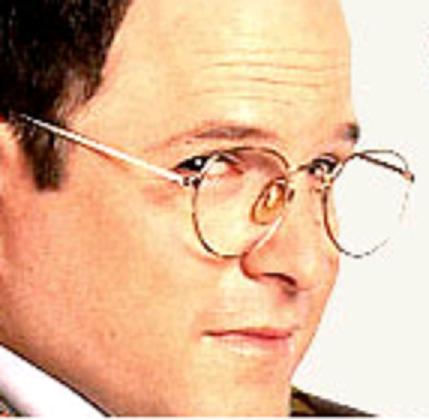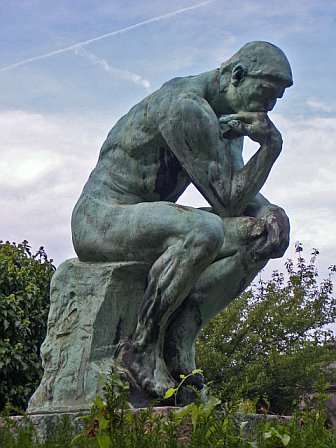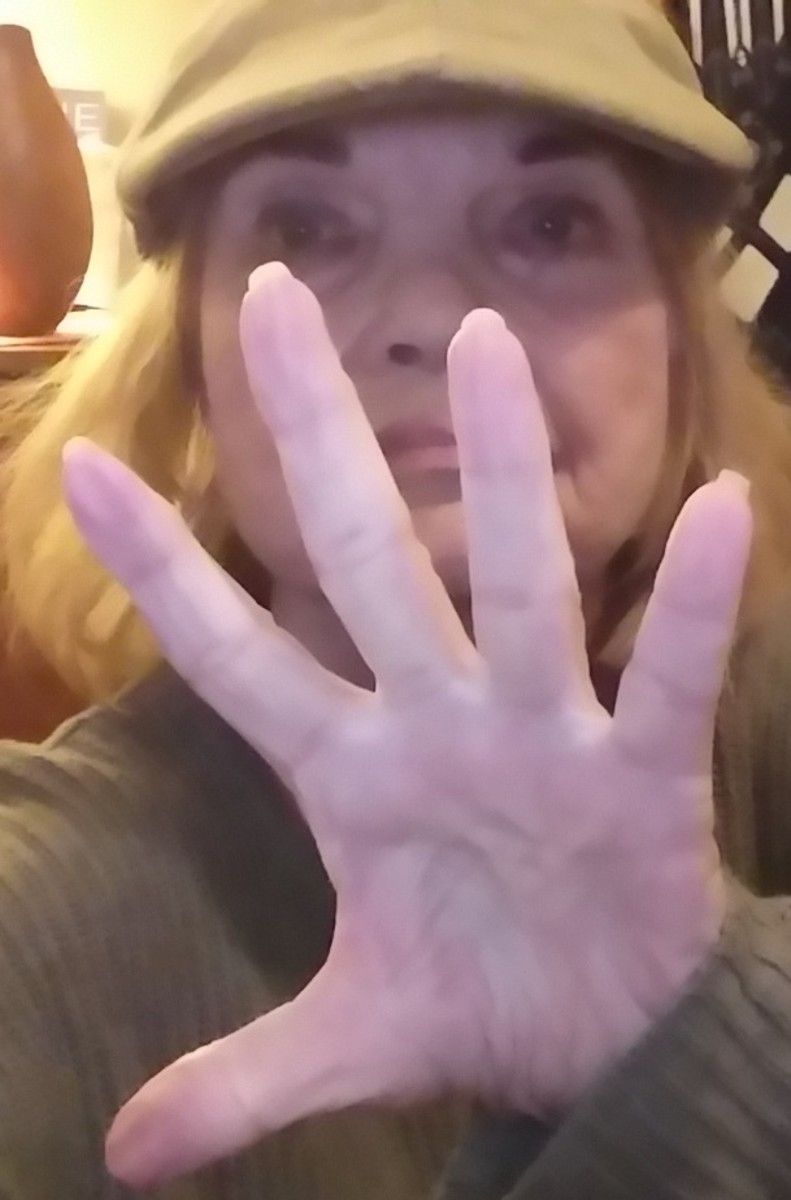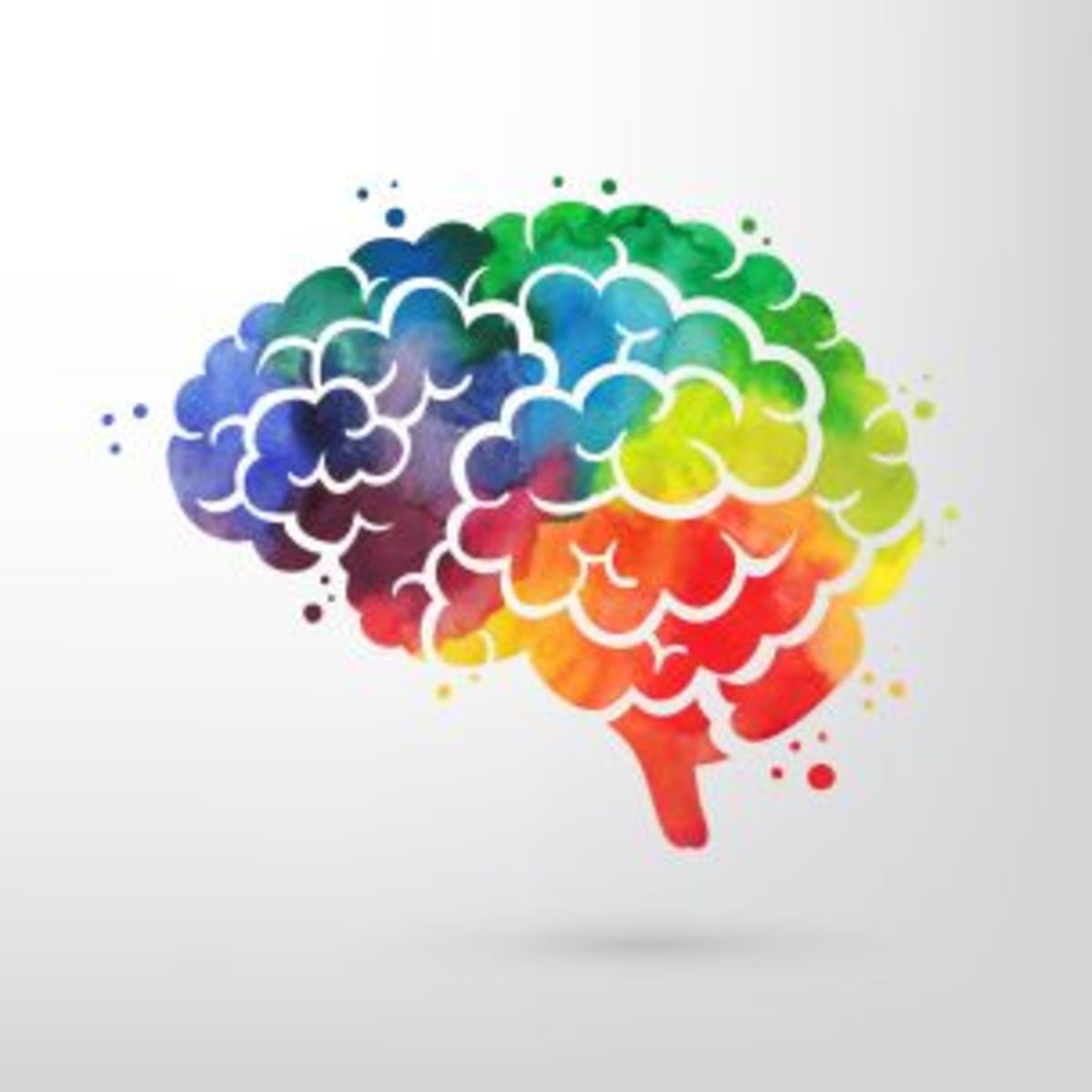Do the opposite . . . of what doesn't work!
The Costanza model
Psychiatrists spend countless hours delving into reasons why so many of us repeat the same mistakes over and over again. And you know, it must be excruciating for them to listen to patients run the same mental patterns without the self-awareness to stop and change tracks, and begin to head in a more positive direction. Researching the issue, I came across an interesting article on this subject here. In a nutshell, it concludes many of us don't listen to our spouses because of a phenomenon called "reactance", which is a person's tendency to resist threats to their autonomy. Any guy I know could have told you that!
But what made me really reflect on the subject was one of the most memorable Seinfeld episodes, where George Costanza, the eternal loser, decides his own judgment has gotten him nowhere in life, so Jerry suggests that if every instinct he has is wrong, then the opposite would have to be right. So, seeing a beautiful blonde looking his way, he approaches her and says, "My name is George. I'm unemployed and I live with my parents." She smiles seductively and replies, "I'm Victoria. Hi!"
Honestly, how much time do we spend analyzing and reanalyzing our decisions? We live in a world with a whole host of unknowns. We take many steps out into the world, figuratively, with our eyes closed, our hands reaching out into the darkness in front of us, asking ourselves, "what's that I feel?"


The Perils of Bad Judgment
How good is our judgment, honestly? There are times when intuition is dead on. We meet a person and there's something about their manner that gives us the creeps, so we say no to the lunch date. Against our better judgment, we accept a job offer from a company that we weren't completely comfortable with, and less than two weeks into it, realize it's clearly the wrong fit.
But what happens when, over a period of time, you continue to make bad judgments? You analyze the market conditions, and even though housing has been on an upward trend for some time, it seems the perfect time to invest in a house. You talk with friends, consult with experts in the real estate business, and buy a great house - that then dives $100K in value over the next 12 months. You now have no discretionary money, have negative equity, and as soon as the Home Warranty expires, your appliances start to break down. How did this happen?
You go on several dates with a woman; you each profess your love for one another, and you begin spending every moment together. You spend money on gifts and trips with her, only to have her abruptly leave you for someone else. What cue did you miss?
We all know hindsight is 20/20; but looking back on those decisions you'd made, what if, upon reflection, you feel you really did approach each thoughtfully, consulted with the right people, and relied on your best instincts in taking the actions you took - and you still crashed and burned? Were you simply the victim of chance? Do some people not have a fully-developed sense of intuition to guide them?
Changing the Channel
Possibly. So, if you feel you have the George Costanza affliction of bad judgment, I've come up with five suggestions for helping you make good decisions in the future:
- Know thyself. If you know how you think, and are aware of your shortcomings in making decisions, do something to interrupt your usual process. If you feel pressured to make a decision that doesn't honestly have to be made until tomorrow, tell the person pressuring you that you want to sleep on it, and stay firm. It's amazing what even one night's perspective can do to improve decision-making.
- Do your homework. Too many people make hasty decisions without really thinking through the consequences of their actions. Talk with experts, even if you think you know all you need to know - what's the harm? If they confirm what you already think, your accuracy has just improved 1oo%. If 2 out of 3 disagree with you, seriously think before you decide.
- Look at your past patterns. Is there a theme with your decision-making? Are you too emotionally invested in one decision or the other? Is your ego dictating your actions? If so, consult with an expert or trusted friend first.
- Shore up your mojo. Repeated failures can have an effect on our actions, even subconsciously. We become what we think about, so make sure you are spending time working on your self-confidence. Invest in some motivational audio CDs. Work out at the gym. Listen to inspiring music and speakers. Get yourself in a position where you reach your peak decision-making prowess, and see if your perspective shifts.
- When all else fails, change the channel. If what you're doing is clearly not working, for God's sake, do something different! This may seem blatantly obvious, but one of the most repeated canons of Alcoholics Anonymous is that insanity is doing the same things again and again, but expecting different results. Do something radical. If right isn't working, go left. Do the opposite of what clearly doesn't work!
Bottom line, there is no magic pill for helping you to making wise choices. Positive outcomes come honestly, with thought and preparation. Believe in your ability to make wise choices, follow these five strategies, and you'll be in a vastly improved position to turn your luck around!




